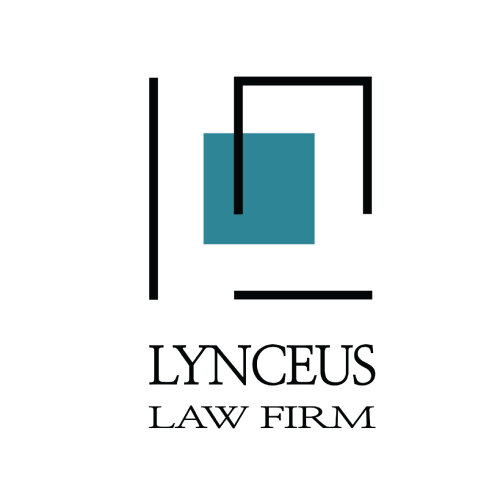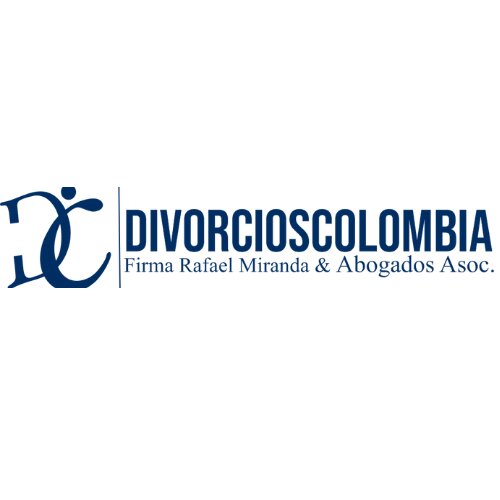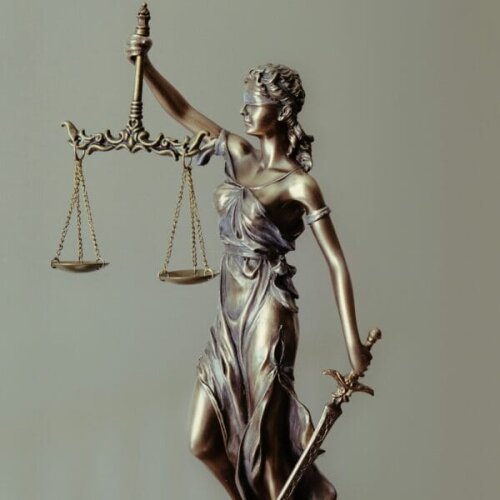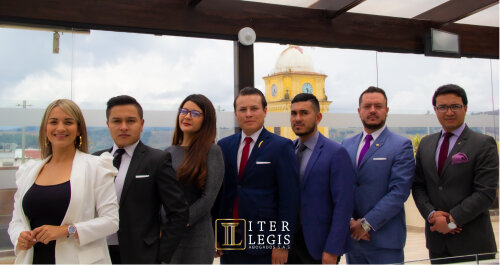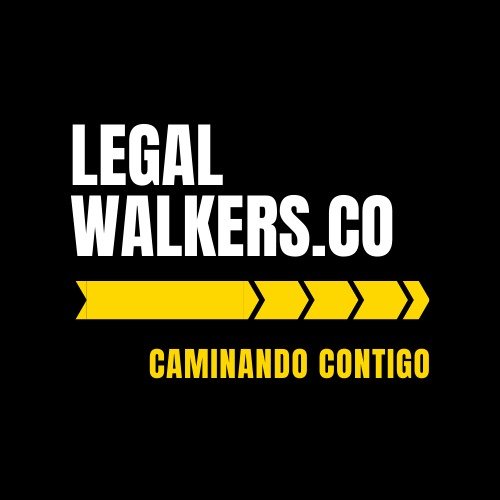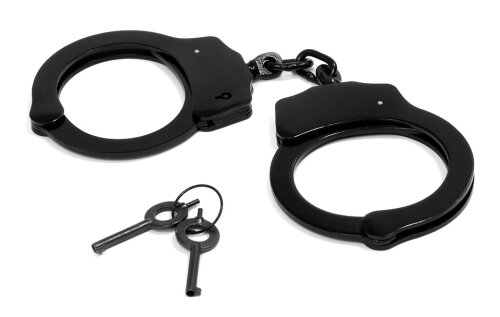Best Arrests & Searches Lawyers in Colombia
Share your needs with us, get contacted by law firms.
Free. Takes 2 min.
Or refine your search by selecting a city:
List of the best lawyers in Colombia
About Arrests & Searches Law in Colombia
In Colombia, arrest and search procedures are governed by strict legal frameworks designed to uphold the rights of individuals while enabling law enforcement to carry out their duties effectively. The Constitution of Colombia, alongside the Criminal Procedure Code, establishes the fundamental rights and procedures concerning arrests and searches. Police authorities must adhere to these regulations to ensure that any actions taken are lawful and respect individual rights. Understanding these laws is crucial for both law enforcement and the public to maintain a balance between security and freedom.
Why You May Need a Lawyer
Seeking legal advice in cases of arrests and searches is often essential for several reasons. Individuals might need a lawyer in situations such as being detained or arrested by the police without a warrant, experiencing unlawful searches of property, or facing charges that arise from such incidents. Legal experts provide guidance on rights during arrest or searches, ensure compliance with legal procedures, and represent individuals facing criminal charges. Lawyers can also assist in filing complaints if rights are violated during these processes.
Local Laws Overview
Colombia's legal framework for arrests and searches is primarily encapsulated within the Constitución Política de Colombia and the Código de Procedimiento Penal (Criminal Procedure Code). Key aspects include:
- Article 28 of the Constitution prohibits arbitrary arrest and detention.
- Searches must generally be conducted with a judicial warrant unless in specific circumstances like hot pursuit or urgent situations where delay would jeopardize evidence or public safety.
- The rights of the detained individuals are protected, including the right to be informed of the reasons for their arrest, the right to remain silent, and the right to a legal defense.
- Police must follow specific protocols during searches and arrests to ensure they are not abusive or discriminatory.
Frequently Asked Questions
What should I do if I'm arrested in Colombia?
If you are arrested, it is essential to remain calm, know your rights, request to contact a lawyer, and not make statements or sign documents without legal counsel present.
Can police search my home without a warrant?
Generally, police require a judicial warrant to search your home. However, there are exceptions in cases of urgency, such as in the event of a hot pursuit or when evidence may be imminently destroyed.
How long can I be detained without being charged?
In Colombia, a person can be held for up to 36 hours after arrest without being formally charged, during which time a judicial authority must be notified and take further actions.
What rights do I have during a search?
During a search, you have the right to be treated with dignity, to have witnesses present if possible, and to be informed of the reasons for the search.
Can I refuse a search if it seems unlawful?
You may express your objection to a search if it appears unlawful; however, it is advisable to comply peacefully and document the incident to address the legality later with legal assistance.
What happens if evidence is obtained unlawfully?
Evidence obtained unlawfully may be considered inadmissible in court, potentially impacting the outcome of a trial or charges filed.
Can foreigners be arrested and searched under the same laws?
Yes, foreign nationals are subject to the same arrest and search laws as citizens, although their embassies or consulates should be notified upon arrest.
How can I report an unlawful arrest or search?
Complaints about unlawful arrest or search can be filed with the Defensoría del Pueblo or directly with the judiciary through legal representation.
What does "hot pursuit" mean in terms of searches?
"Hot pursuit" refers to circumstances where law enforcement can conduct a search without a warrant if they are chasing a suspect or there is a risk that evidence might be destroyed.
Who pays for a public defender, and how can I get one?
Public defenders are provided by the state for those who cannot afford a lawyer. You can request one at your first judicial hearing or notify the police that you need one after arrest.
Additional Resources
For further assistance, you may contact the Defensoría del Pueblo, which is responsible for protecting and promoting human rights. Colombia's Ministry of Justice and Law also provides resources regarding legal rights. For ongoing legal issues, seeking the counsel of the Colegio de Abogados (Lawyers' Association) can provide reputable contacts.
Next Steps
If you require legal assistance regarding arrests and searches in Colombia, the first step is to contact a licensed attorney specializing in criminal law. If detained, request a lawyer immediately. Research and select attorneys with experience in handling criminal defense and rights violations. It is advisable to document all interactions and retain copies of any legal documents related to the arrest or search. Building a clear, documented case will assist your legal counsel in providing effective representation.
Lawzana helps you find the best lawyers and law firms in Colombia through a curated and pre-screened list of qualified legal professionals. Our platform offers rankings and detailed profiles of attorneys and law firms, allowing you to compare based on practice areas, including Arrests & Searches, experience, and client feedback.
Each profile includes a description of the firm's areas of practice, client reviews, team members and partners, year of establishment, spoken languages, office locations, contact information, social media presence, and any published articles or resources. Most firms on our platform speak English and are experienced in both local and international legal matters.
Get a quote from top-rated law firms in Colombia — quickly, securely, and without unnecessary hassle.
Disclaimer:
The information provided on this page is for general informational purposes only and does not constitute legal advice. While we strive to ensure the accuracy and relevance of the content, legal information may change over time, and interpretations of the law can vary. You should always consult with a qualified legal professional for advice specific to your situation.
We disclaim all liability for actions taken or not taken based on the content of this page. If you believe any information is incorrect or outdated, please contact us, and we will review and update it where appropriate.
Browse arrests & searches law firms by city in Colombia
Refine your search by selecting a city.



